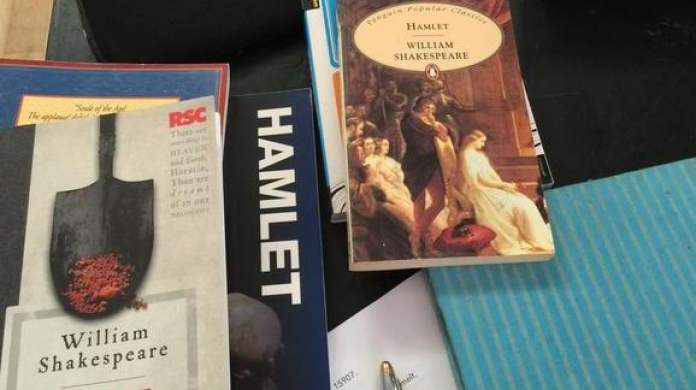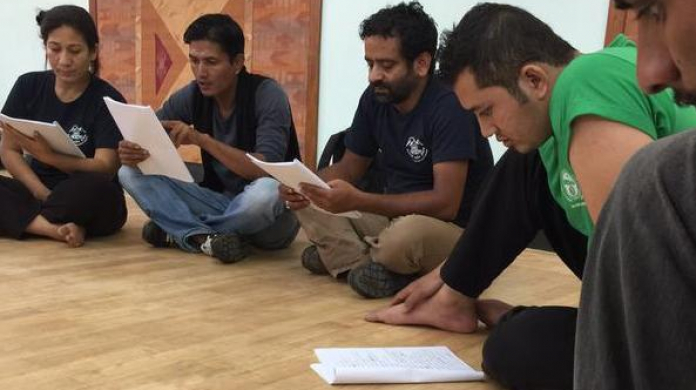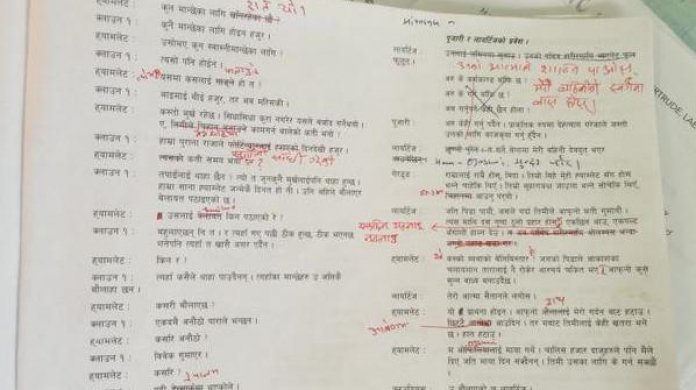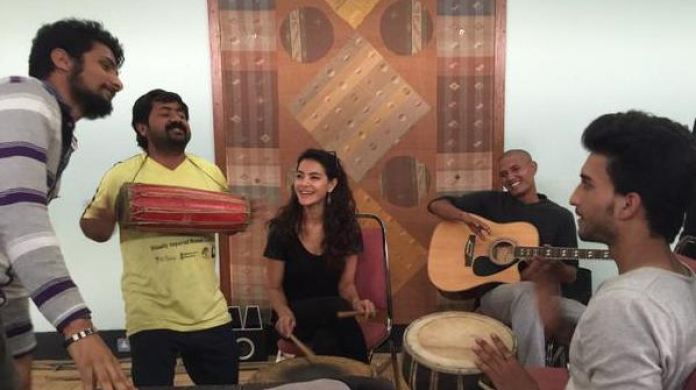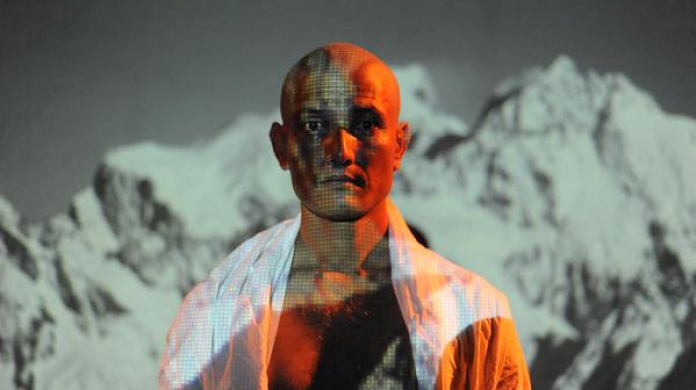Having directed Shakespeare in Pakistan, Gregory Thompson is now working in Nepal. He reports back.
Can we do this from our own culture?
It's going very well. There are a group of committed, hard-working actors who know each other and have a shared rehearsal ethic to tap into, and some younger actors who are hungry to learn and to do. The performances are emerging as the production takes shape and we are beginning to see what it might be.
With such a short rehearsal process (two-and-a-half weeks) we have concentrated on telling the Hamlet story in a Nepali setting. There’s also an issue about the length of the rehearsal day. Many of the actors walk to rehearsal and so we finish at 4pm to allow them to get home before it gets dark. We are working quickly to create a version of Hamlet that will have a meaning in Kathmandu. There are strong resonances with the massacre of the Nepali royal family in 2001, of course, and we are translating many of Shakespeare’s cultural references into ones that will be recognised here. So the mousetrap play-within-the-play shifts from Vienna to Bhutan; the grave digger is building a funeral pyr; and the university town of Wittenberg becomes Darjeeling. The key process though, whether in Nepal or the UK, is I think to identify the action of the character. What are they doing in the scene?What is the actor required to play? This translation from text to action is the same in every rehearsal room.
It’s very different to working in Pakistan. There are less security concerns and almost everyone speaks a little English so in some ways we can manage without translation. However, there is no-one who speaks English as fluently as some of the collaborators in Pakistan so sometimes we can spend quite a long time reaching a mutual understanding of what is happening in a character’s journey. There are many more westerners in Nepal too and the physical interaction between performers is more relaxed.
I sent a cut script from London and this was translated into a poetic Nepali. We revised this in the first week of rehearsal to find metaphors and cultural references that would be recognisable here. For instance, Hamlet wears funeral black but in Nepal the funeral colour is white. Hamlet is sent to England whereas we are sending him to Thailand. "What’s he to Hecuba?" becomes "What’s he to Ghandhari?" as the actor's speech is not about the death of Priam but of Duryodhana from the Mahabharata.
A lot of what happens on these exchanges is in the area of permission. The presence of a UK director gives a confidence or a permission for Shakespeare production. Often the question arises: can we do this thing from our own culture? Of course the answer is yes. Sometimes the role is to explain the cultural resonances in Shakespeare’s texts – for instance why the Danes will teach Horatio to drink.
Often the presence of an outsider is a catalyst for local groups to meet together. We’ve doing some workshops on theatre-making for young actors in the evenings, and there people who have known about each other but not met or not worked together have forged relationships based on their shared passion for theatre.
Gregory Thompson is directing Hamlet is Nepal, with the support of the British Council.
